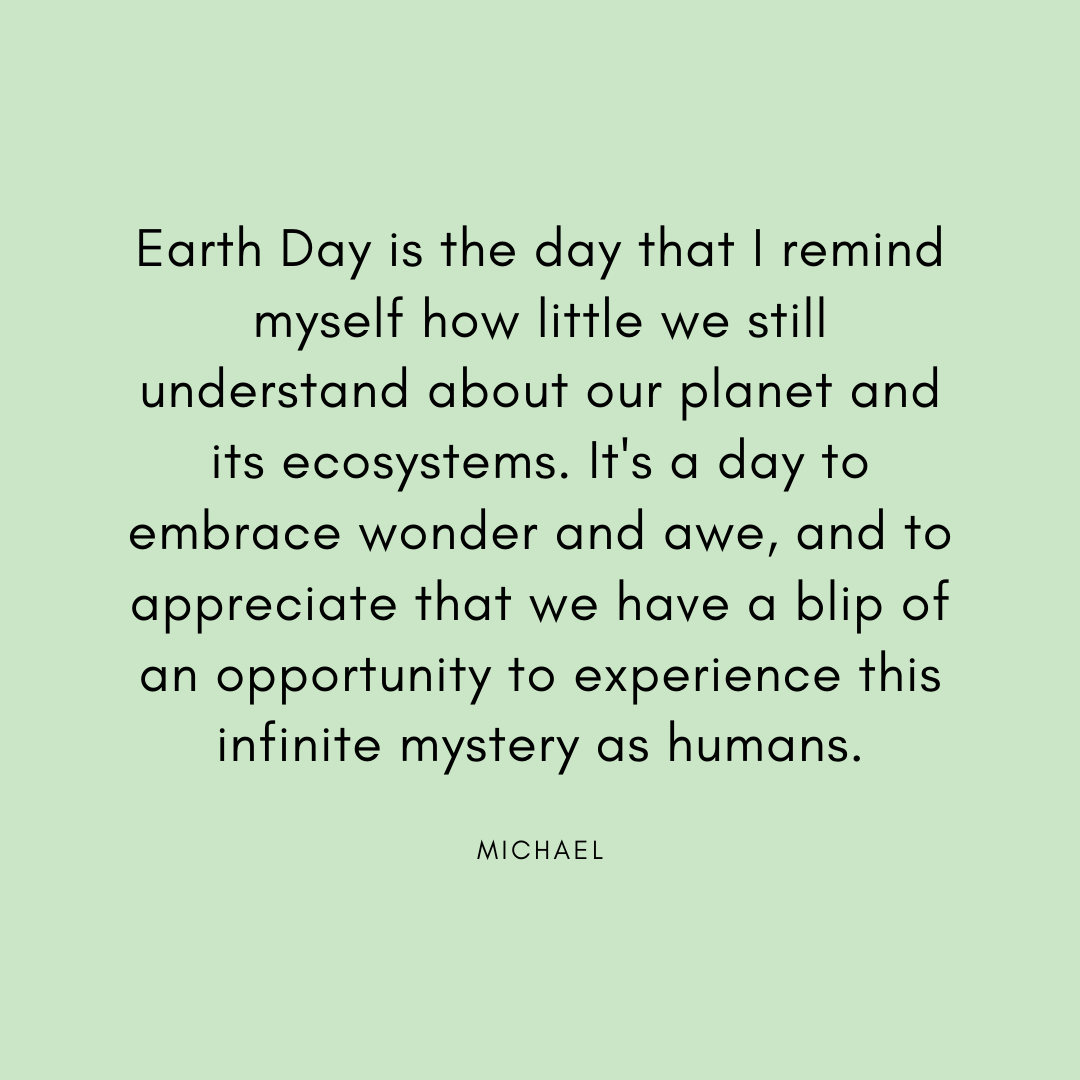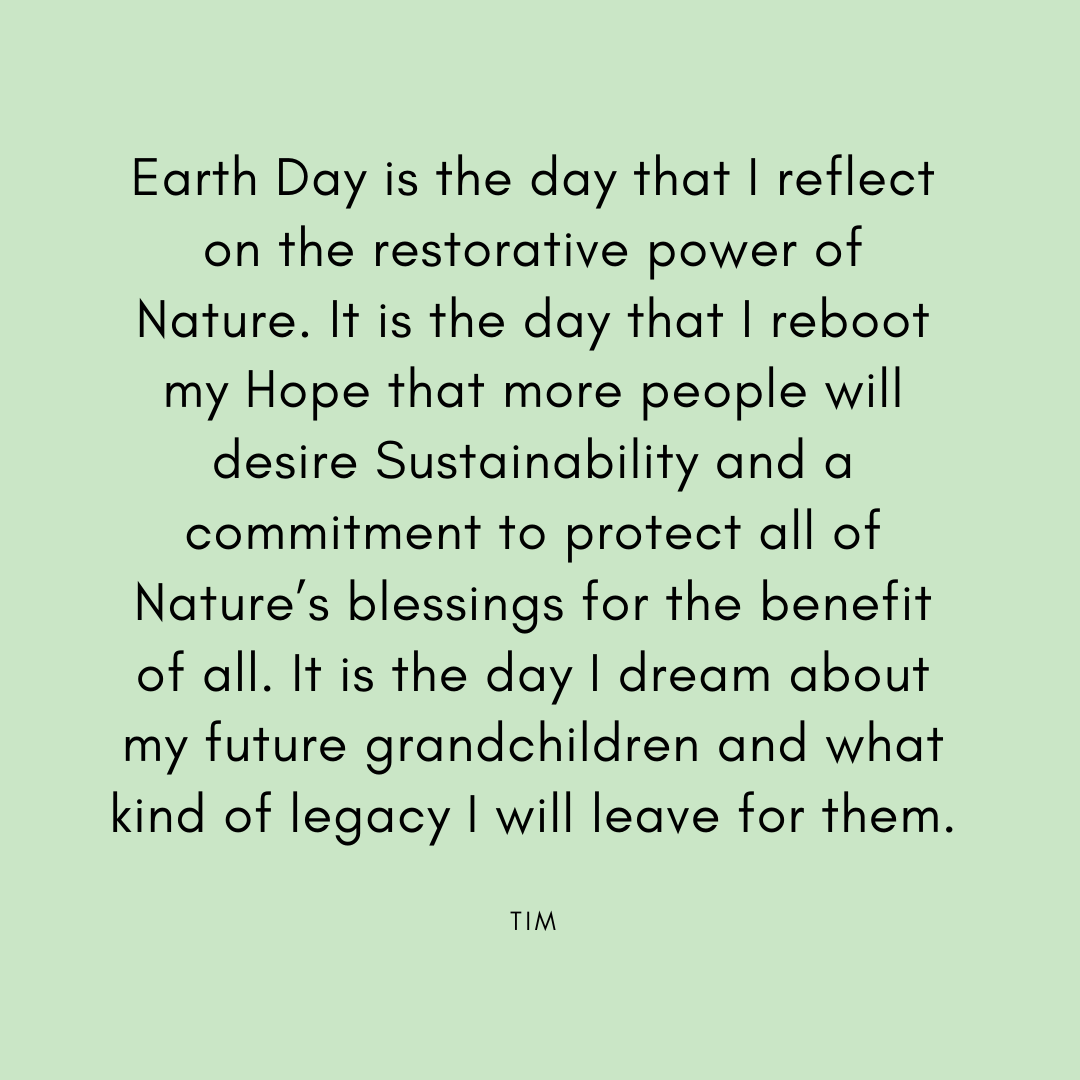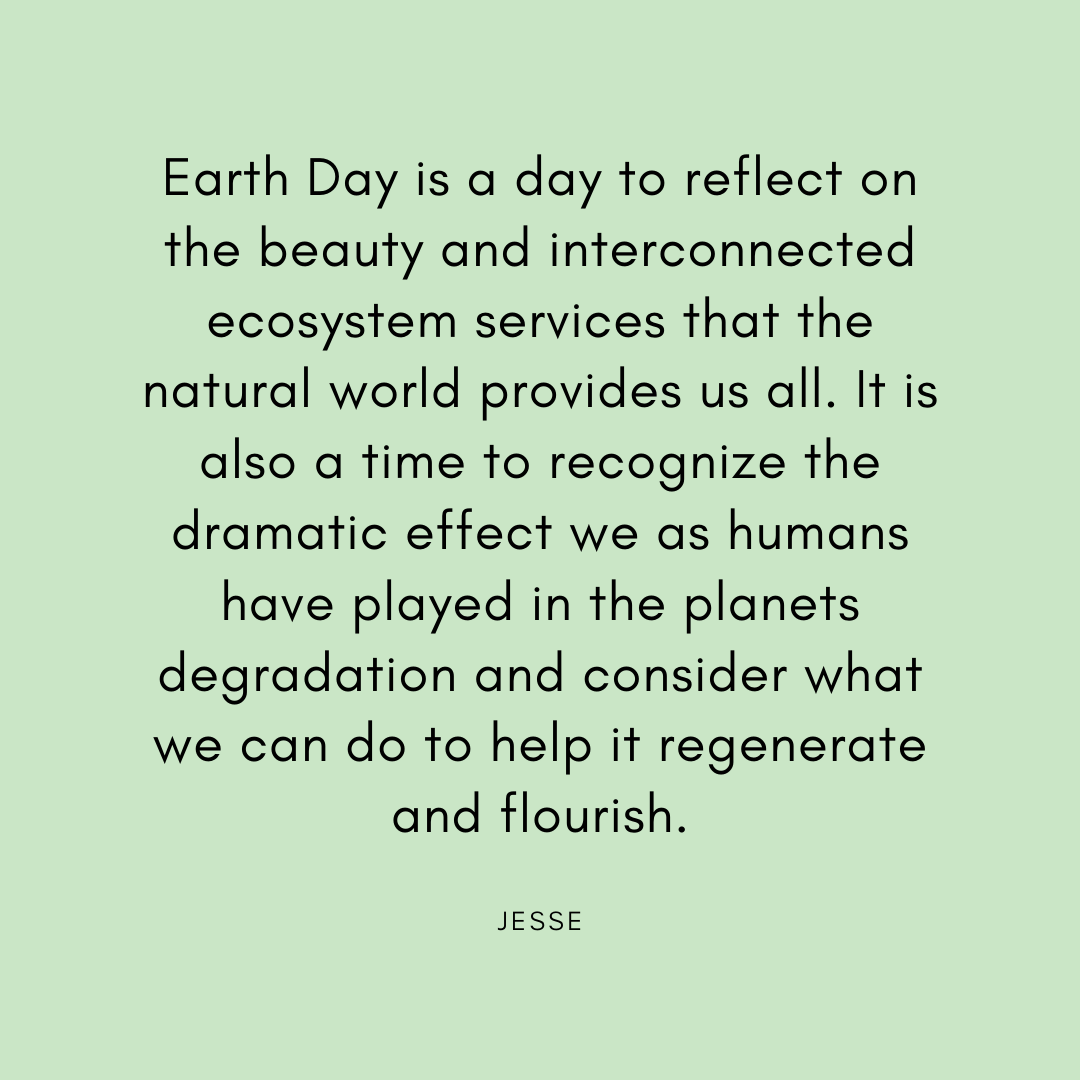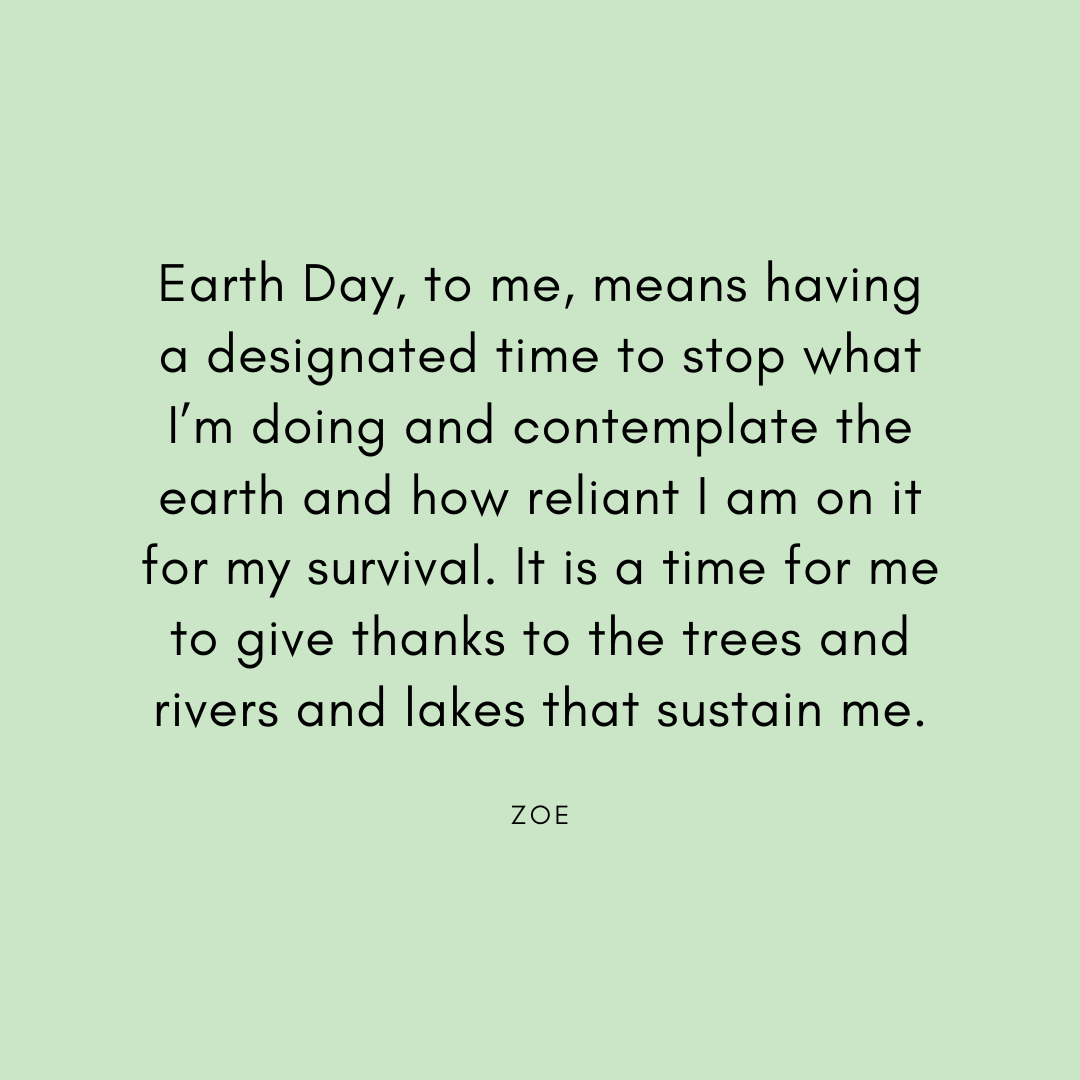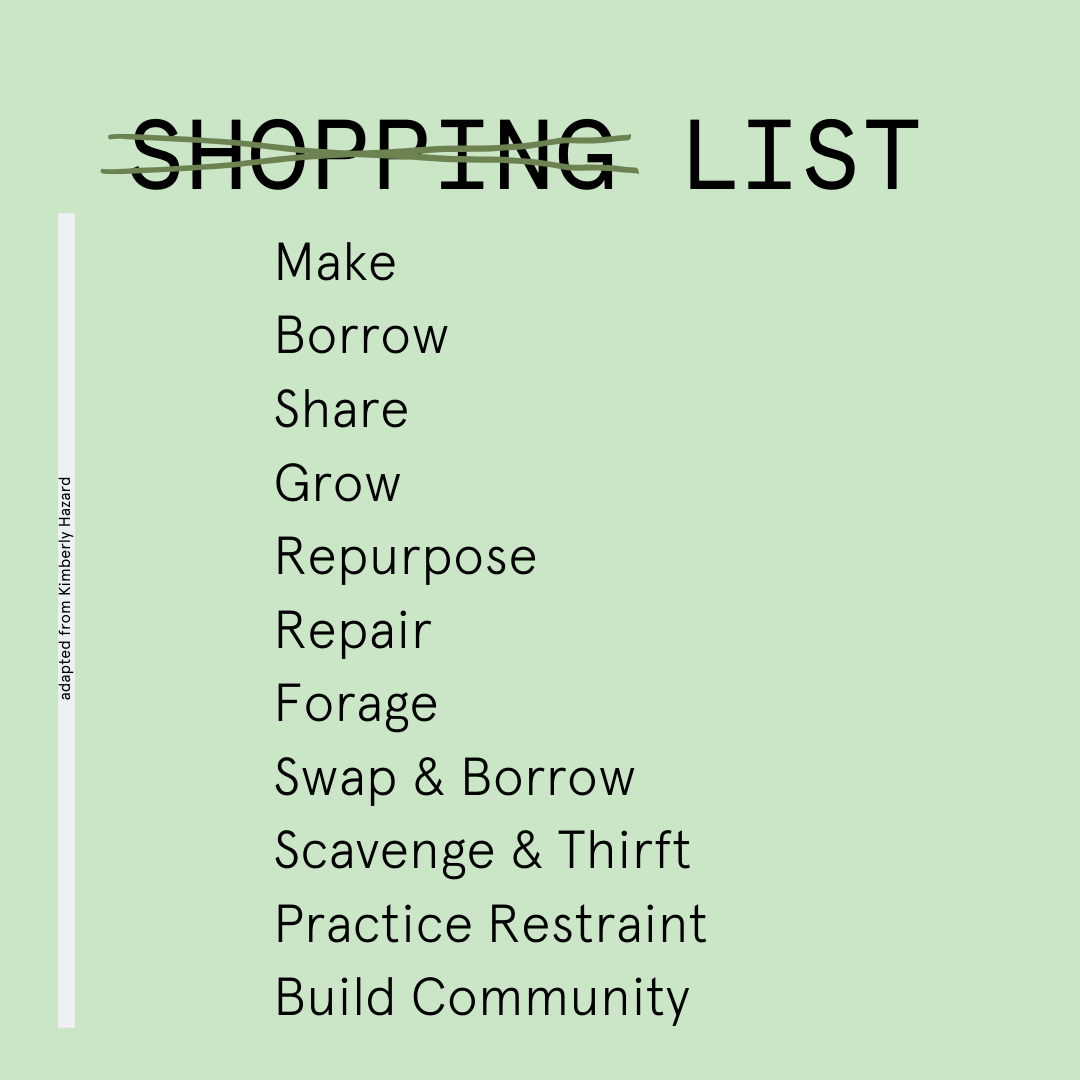Thanksgiving is a holiday centered around food, mounds and mounds of food! Whether you are celebrating with family, loved ones, at home or in a restaurant you undoubtedly will be having your fill of some of your favorite fall foods.
This holiday, filled with its generally seasonal ingredients; root vegetables, gourdes, and brassicas connect us to a time and place at the dinner table. What we gain in seasonality we often lose in perspective. Thanksgiving, a holiday of harvest, abundance and more-often-than-not, gluttony can blind us to the sad state of affairs our food system is in.
This Thanksgiving one in six people across the United States face hunger and in Northeast Ohio 20% of children live in a food insecure household. We may sound like a broken record but these facts remain at the same time that our nation is literally throwing away as much as 40% of all the food we grow. So what do we do in light of these circumstances?
For one, you can make an effort to support those organizations working to improve food security across our city. The Hunger Network of Greater Cleveland is a fantastic resources with a number of amazing programs that advance food security. One program we are particularly excited about is their forthcoming Food Rescue program which will capture perfectly edible food and direct it to their network of food pantries for those in need. Other organizations whose praise we cannot sing loudly enough are:
· Catholic Charities Services of Cuyahoga County
· The Center for Children and Families
· City Fresh
· Cleveland Food Not Bombs
· Perfectly Imperfect
· Stone Soup Cleveland
· St. Luke’s Episcopal
· West Shore Unitarian Universalist Church
Many of the organizations above, notably Cleveland Food Not Bombs, Perfectly Imperfect, Stone Soup, St. Luke’s and West Shore UUC in addition to their efforts of advancing food security are also taking their work a step further and diverting all their scraps from landfills by partnering with us through our collections services. These organizations are deeply committed to combating hunger in the here and now while simultaneously creating the conditions to fully eradicate it.
Today, however, I want to invite you to look into a specific resource in advance of your Thanksgiving meal. If you are anything like me or the family I grew up in, the day before Thanksgiving as well as the day-of Thanksgiving are some of the best days of the year. You cloister yourself in a kitchen, cook nostalgic foods with loved ones, and smell all the smells you haven’t smelled in almost a year. (Sidebar: why do we only eat turkey and stuffing around Thanksgiving? I feel that this needs to change urgently… its so good!) One inevitable outcome of this work is that all-too-often we overcook, we make way too much food for not nearly enough people, and before you tell me ‘but, Dan, the leftovers as the best part about Thanksgiving!’ I won’t argue that. Instead, I will point to some numbers. For all those leftovers we plan on eating, a lot of them end up in the back of our refrigerator uneaten and then pitched days later. An estimated $277 million worth of turkey, for example, ends up in the trash after Thanksgiving. All said, we will waste about 172 million pounds of turkey, 14 million pounds of dinner rolls, 29 million pounds of vegetables, 30 million pounds of gravy, 40 million pounds of mashed potatoes, 35 million pound of cranberry sauce and 38 million pounds of stuffing… on Thanksgiving alone!


